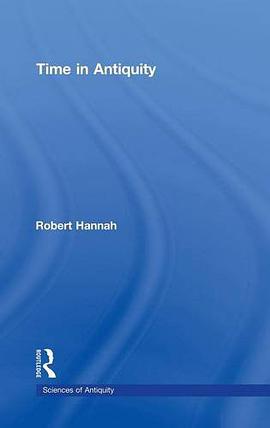

具体描述
"The Command of Grace" sets forth a bold new critical initiative in theological apologetics, one that advances a fundamental reassessment of theological self-understanding and method today, especially in its attentiveness to the present reality of God in revelation. Many recently predominating trends have tended to treat theological truth as something cognitively self-guaranteeing ('tauto-theological') within doctrinal or other theoretical domains. Against this, and drawing on the philosophical heritage as well importantly on Jewish thought, the book seeks to revive for fundamental theological questioning other basic modes of human attentiveness which, under an array of 'cognitively mono-visional' influences, have become largely lost to theology since 1800, even though they continue to thrive in the life of faith in the church itself. These are: a??causala?? attentiveness encountered through the faculties of bodily sensibility; and 'appetitive' or 'motive' attentiveness encountered in the faculty of desire. Especially crucial here is the rejuvenation of the primacy of 'motive reasoning' (reasoning with regard to motivations and desires) for theology's apologetical self-understanding, in addition to its normal engagement with 'cognitive reasoning' (reasoning with regard to percepts and concepts). If God in his transcendent 'Godness' meets us in revelation not at the margins of the speculative intellect in the form of a denotatum for cognitive apprehension, but rather at the very center of embodied life in the form of a summons to motivated action, then theology must seek to be attentive to God through all the endowed faculties of embodied-rational life: cognitive, sensible, and motive-appetitive.
作者简介
目录信息
读后感
评分
评分
评分
评分
用户评价
相关图书
本站所有内容均为互联网搜索引擎提供的公开搜索信息,本站不存储任何数据与内容,任何内容与数据均与本站无关,如有需要请联系相关搜索引擎包括但不限于百度,google,bing,sogou 等
© 2026 book.wenda123.org All Rights Reserved. 图书目录大全 版权所有




















